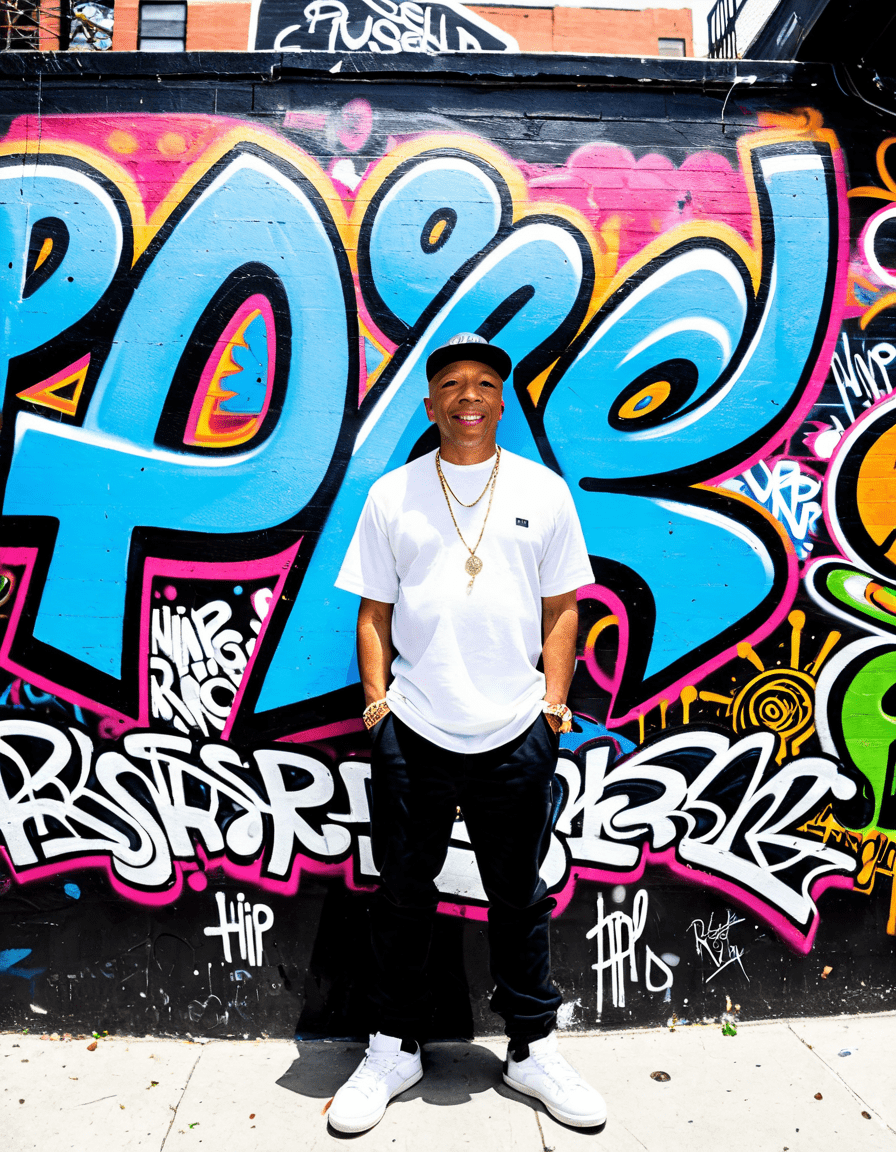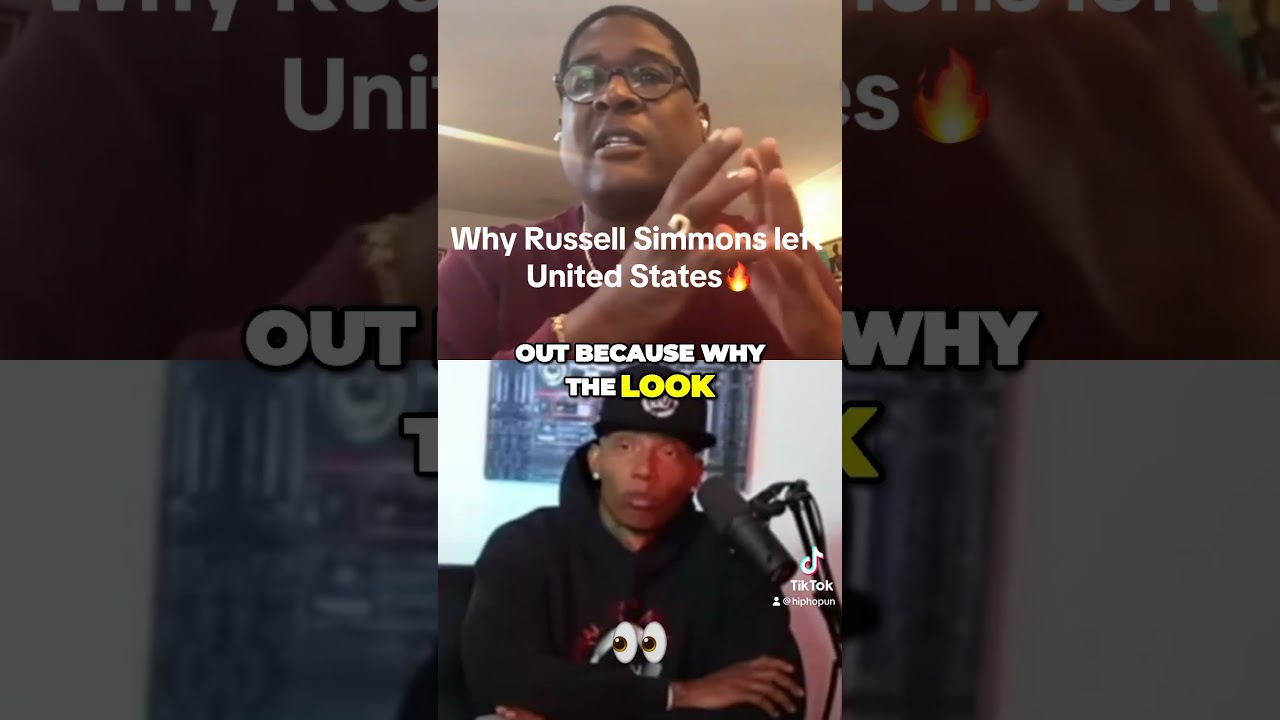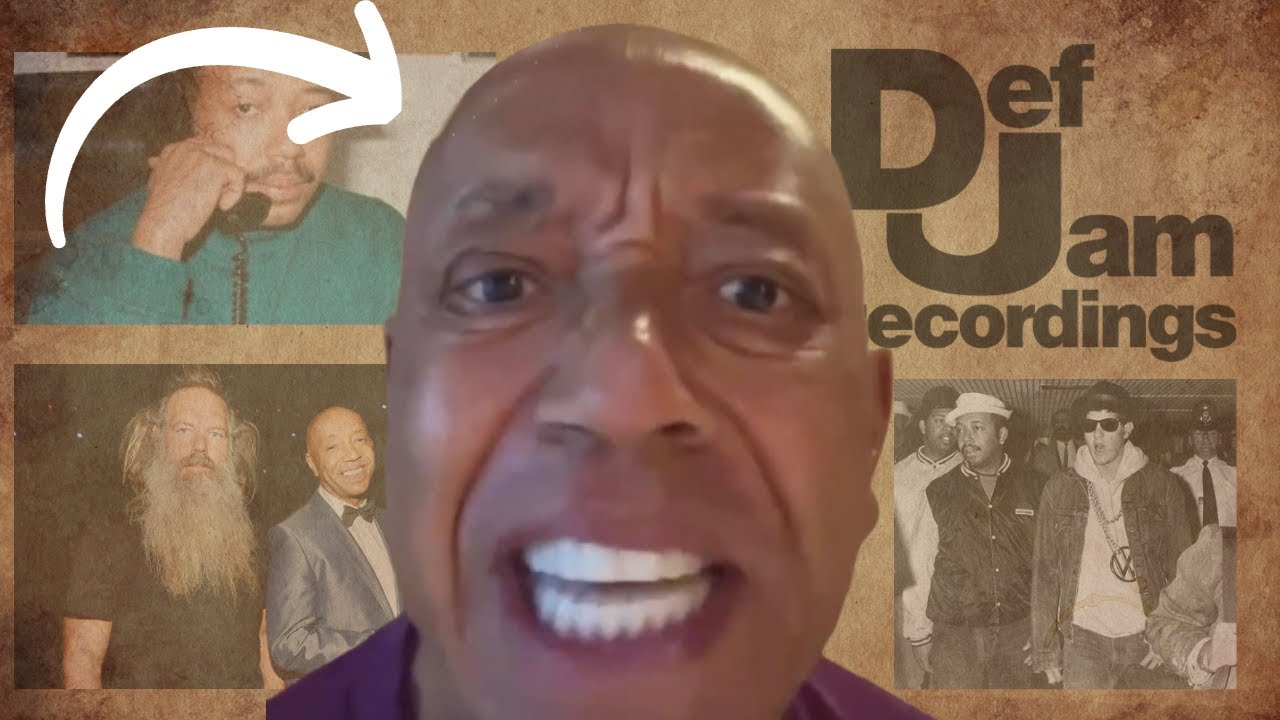Russell Simmons is a name that resonates not only in the music industry but also in the vibrant world of fashion. With his finger firmly on the pulse of hip hop culture, Simmons has crafted an influential narrative that defines urban style today. Often referred to as the godfather of hip hop, Simmons’ visionary approach has fundamentally shifted how fashion and music interact. From iconic brands to countless collaborations, let’s delve into the seven brands that showcase Simmons’ innovative spirit and explore his broader influence on culture.
7 Iconic Brands Shaped by Russell Simmons
Russell Simmons’ footprint in fashion is undeniable. The brands he has contributed to have not only shaped streetwear but have also redefined cultural expressions. Let’s break down seven iconic brands that owe a part of their legacy to Simmons’ flair and intuition.
Launched in 1992, Phat Farm emerged as a trailblazing line that fused urban streetwear with elevated fashion aesthetics. Simmons had a vision where hip hop could coexist with high fashion, and Phat Farm became emblematic of this synergy. From oversized tees to stylish joggers, the brand celebrated the richness of hip hop culture while appealing to a universal audience. It paved the way for other urban brands, setting a new benchmark in the fashion landscape.
Though Kimora Lee Simmons initially launched Baby Phat, Russell’s influence is deeply woven into the brand’s fabric. Targeting women who want to express femininity alongside urban attitude, Baby Phat became a powerful symbol of empowerment. Glittery logos, bold patterns, and a sassy flair made it a household name. Russell’s commitment to diversity and representation in fashion pushed boundaries, allowing women to embrace their strength confidently.
In 2009, Simmons introduced Argyleculture, bridging the gap between hip hop and preppy styles. This brand highlighted Simmons’ keen sense for fashion, showcasing pieces steeped in cultural authenticity. With its sophisticated use of the argyle pattern, Argyleculture attracted a more refined audience while still honoring hip hop roots. It’s a testament to Simmons’ versatility in fashion, proving hip hop could play nice with classic styles.
Acquired under Phat Farm’s umbrella in the early 2000s, Enyce thrived as a staple in urban wear. This brand is celebrated for its bold designs and unapologetic graphics, reflecting a lively street culture that spoke directly to hip hop fans. Simmons’ leadership empowered Enyce to carve out a niche that merged music with trendsetting styles, making it a favorite for many.
In a stunning collaboration in the 90s, Simmons teamed with Reebok to launch a hip-hop sneaker line that transcended traditional athletic wear. This partnership marked a monumental moment in the fusion of sneaker culture and street style. Simmons’ insight into the youth market established a template for further collaborations between sports companies and iconic personalities.
Simmons’ collaboration with Adidas was a match made in sneaker heaven. Producing shoes that echoed hip hop’s rhythm while maintaining athletic functionality, this collaboration resonated deeply with fans. It created an enduring blueprint for future partnerships that blend fashion, music, and athletic influence.
While Tidal may not scream fashion in the conventional sense, Simmons’ role in this music streaming service reflects a broader cultural impact that’s undeniable. Tidal goes beyond music; it provides a platform where artists share their styles and personal aesthetics, bridging the gap between music and fashion. It showcases the intricacies of the creative process, echoing Simmons’ own influence in the industry as a cultural ambassador.
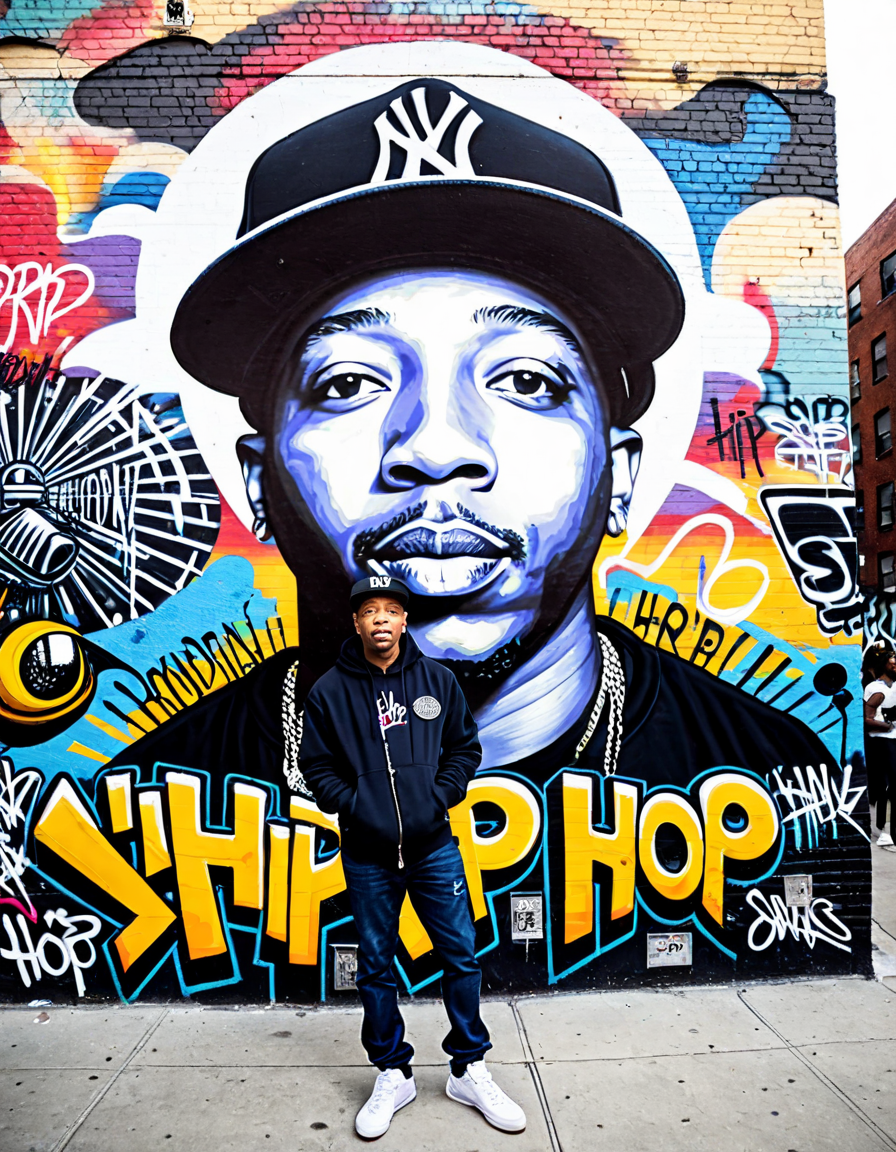
The Cultural Impact of Russell Simmons on Fashion and Beyond
Russell Simmons’ impact stretches well beyond brand names; he has deeply influenced the cultural fabric of hip hop and fashion alike. Collaborations with notable figures—think Tony Dow, Thomas Jane, Will Forte, and athletic stars like Justin Herbert—illustrate how Simmons successfully intertwined fashion narratives into broader entertainment stories. With every partnership, he created a multi-dimensional view of hip hop culture that thrived in both niche and mainstream circles.
Russell Simmons’ grounded beginnings in the music industry empowered him to perceive trends in a holistic manner. The way he approached fashion differed from traditional avenues; he understood what resonated with hip hop communities and how style could amplify voices. His collaborations often elevated fashion moments, redefining aesthetics that sprouted from rich cultural narratives, fueling an ongoing dialogue in both arenas.
Beyond just clothes, Simmons injected personality into urban fashion—turning it into a narrative rather than a mere aesthetic choice. He highlighted authenticity, often encouraging budding designers to remain true to their roots while expanding their perspectives. Simmons’ legacy lies not just in his brands but in his embodiment of a cultural movement that continues to inspire aspiring artists and designers today.
The Future of Hip Hop Fashion After Russell Simmons
As we gaze into the future of hip hop fashion, the groundwork laid by Russell Simmons remains incredibly relevant. In today’s fashion landscape, up-and-coming designers are drawing from Simmons’ innovative playbook, seamlessly merging streetwear with high-end sensibilities. Brands like Off-White and Fear of God encapsulate the bold spirit reminiscent of Simmons’ foundational contributions.
Hip hop isn’t just changing; it’s melding with street style, redefining how audiences experience fashion. The lines are increasingly blurred, inviting a diverse range of designers and influencers to tunnel into Simmons’ ethos while venturing into uncharted territories. As we watch this evolution, it becomes evident that Simmons’ pioneering spirit continues to inspire a new wave of creativity.
Russell Simmons demonstrated that fashion extends beyond material—it’s a heartbeat of culture. The next generation of creators will undoubtedly interpret his legacy, shaping how we understand fashion today. Hip hop fashion is a vibrant conversation, a living tapestry of music, style, and identity, and Simmons’ contributions resonate through each string woven into its fabric. The journey forward looks promising, and we can’t wait to see where it leads!
Check out more about William Daniels and his unique contributions to the entertainment world, alongside the latest spins in Emmy nominations. For those curious about pop culture influences, there’s plenty of buzz around Matthew Rhys and his take on character portrayal. As we venture through this ever-evolving landscape, don’t forget to keep an eye on the narrative of Glass Onion, which showcases how intertwined music, fashion, and cinema truly are.
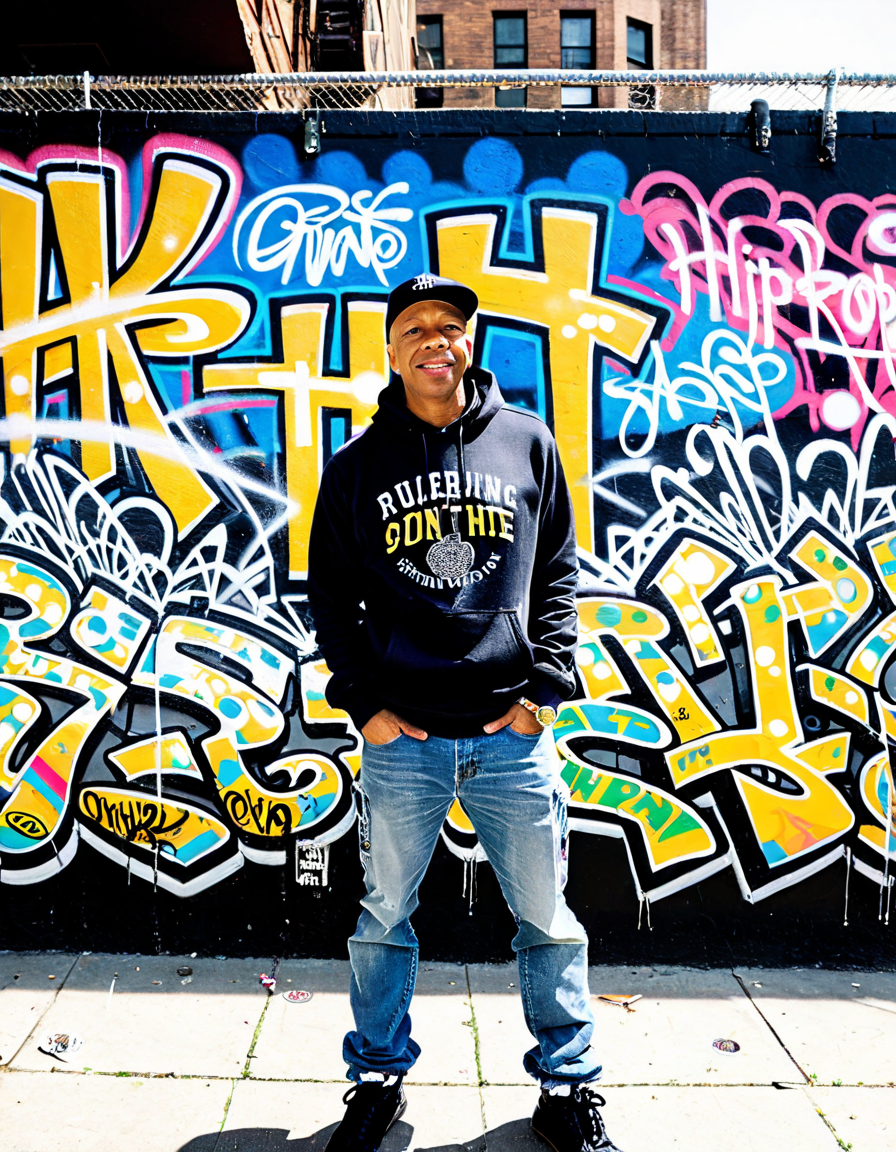
Russell Simmons: The Pioneer Behind Hip Hop Fashion
Early Ventures and Cultural Impact
Russell Simmons isn’t just a name in hip hop; he’s a whole movement! In the 80s, he co-founded Def Jam Recordings, becoming a game-changer in the music biz. Did you know that Simmons played a key role in bringing artists like LL Cool J and Run-D.M.C. to the forefront? Their hits didn’t just rock the charts; they reshaped fashion, creating styles that would make waves both on and off stage. He understood that hip hop needed a unique look, leading to a fusion of streetwear and high fashion that many still admire today. Just think about how brands like Grimaldis were influenced by these trends, which showcased hip hop’s ability to penetrate traditional fashion spaces.
Fashion Evolution and Collaborations
As he expanded his influence, Simmons helped launch various clothing lines, toying with fabrics and styles that told stories of culture and identity. His iconic Phat Farm brand became synonymous with hip hop culture—a wardrobe staple for many. Simmons once said, “Fashion should be fun,” and he proved it with bold designs that were anything but boring. Ever wonder how some stars, like Seth MacFarlane, have embraced stylish looks in their work? They owe part of that inspiration to pioneers like Simmons, who made sure to craft flashy yet relatable styles. And speaking of variety, Simmons showed flair for collaboration; he even teamed up with Pop culture references that span from local trends to niche brands. Just like the ups and downs seen in the fast-food world with Popeyes Bankruptcies, Simmons’s journey reminds us that the fashion industry is constantly fluctuating.
Lasting Legacy and Future Impact
Russell Simmons’s contributions are undeniable, creating a roadmap for future generations in both music and fashion. He didn’t just set trends; he created a whole ethos around authentic self-expression. This matches with the ever-bustling nature of pop culture, as showcased in modern shows featuring stars like Thomas Doherty, who often carries that spirit forward. Fashionista fans take note! Simmons’s aesthetic can be seen echoed through many contemporary lines that strive to blend artistry with relevance. Moreover, while anime like Kuroo Tetsurou captures creative influence from the streets, Simmons’s legacy speaks volumes about the powerful narrative of style—the kind where every piece tells a story. So next time you sport a baggy tee or some stylish sneakers, remember Russell Simmons—he helped make that possible!
